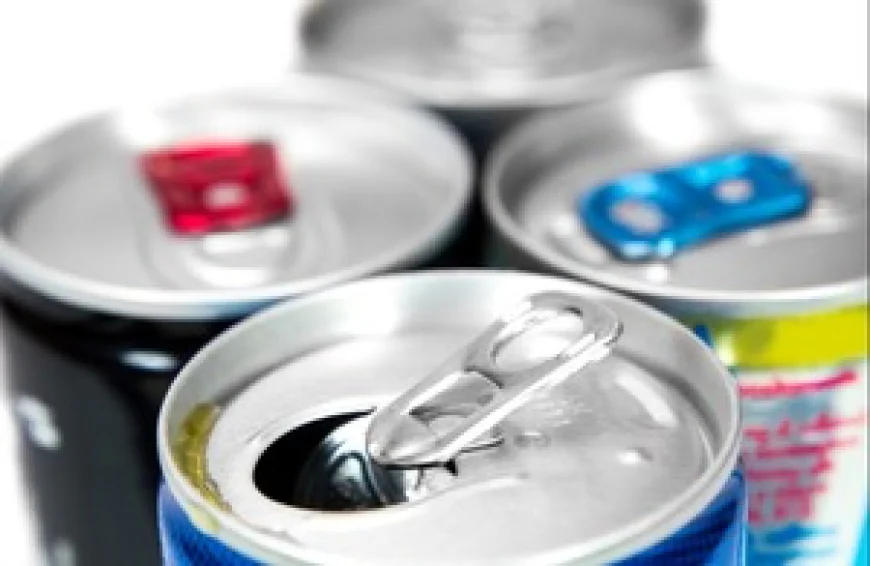England on proposing to ban energy drinks to under 16
England to ban high caffeine energy drinks to children under 16 year of age.

In a landmark move to protect the health and well-being of its youth, England has officially banned the sale of high-caffeine energy drinks to anyone under the age of 16. The new policy, which has been in consultation, comes after years of campaigning by health professionals, teachers, and parents who have raised alarms about the negative effects of these drinks on children's physical and mental health, as well as their education.
The ban makes it illegal for retailers, including shops, cafes, restaurants, and online vendors, to sell energy drinks with more than 150mg of caffeine per litre to minors. This applies to popular brands like Red Bull, Monster, Relentless, and Prime Energy, but does not affect lower-caffeine soft drinks, tea, or coffee.
The Reasons Behind the Policy
While major supermarkets had already implemented a voluntary ban on these products, a legal and nationwide ban was deemed necessary to close loopholes and ensure all businesses comply. The decision is rooted in a growing body of evidence linking the consumption of energy drinks to a range of serious health and behavioral issues in young people. The government and health experts cite several key reasons for the new policy:
1. Physical Health Risks: The high sugar content in many energy drinks contributes to childhood obesity and dental decay. Furthermore, the combination of high caffeine, and other stimulants like taurine and guarana, can lead to increased heart rate, headaches, stomach problems, and even in rare cases, irregular heart rhythms. Experts emphasize that children's smaller bodies and developing nervous systems make them more vulnerable to the effects of caffeine.
2. Mental Health and Behavioral Problems: Teachers and parents have long reported the disruptive effects of energy drinks on children's behavior. The caffeine-fueled "highs" and subsequent "crashes" are linked to poor concentration, increased anxiety, and agitated behavior in the classroom, which ultimately undermines learning and educational outcomes. Research has also connected frequent consumption to disrupted sleep patterns, stress, and even an increased risk of emotional difficulties.
3. Educational Attainment: The effects on concentration and behavior in school have a direct impact on academic performance. Education leaders have expressed concern that the pervasive use of energy drinks acts as a significant barrier to a productive learning environment. The new ban is seen as a crucial step in addressing these issues and creating a better foundation for educational success.
A Broader Public Health Strategy
The ban is part of a wider government strategy to tackle public health challenges and is supported by a broad coalition of health organizations, including the Royal College of Paediatrics and Child Health. While some manufacturers have pointed to their self-regulation and labeling practices, campaigners argue that the widespread marketing of these drinks, particularly through sports, gaming, and social media, makes voluntary measures insufficient.
The policy is now undergoing a 12-week consultation period to gather input from a range of stakeholders, but the government's message is clear: high-caffeine energy drinks have no place in the hands of children. This move is a decisive step toward protecting the next generation from what many see as a preventable public health crisis.


